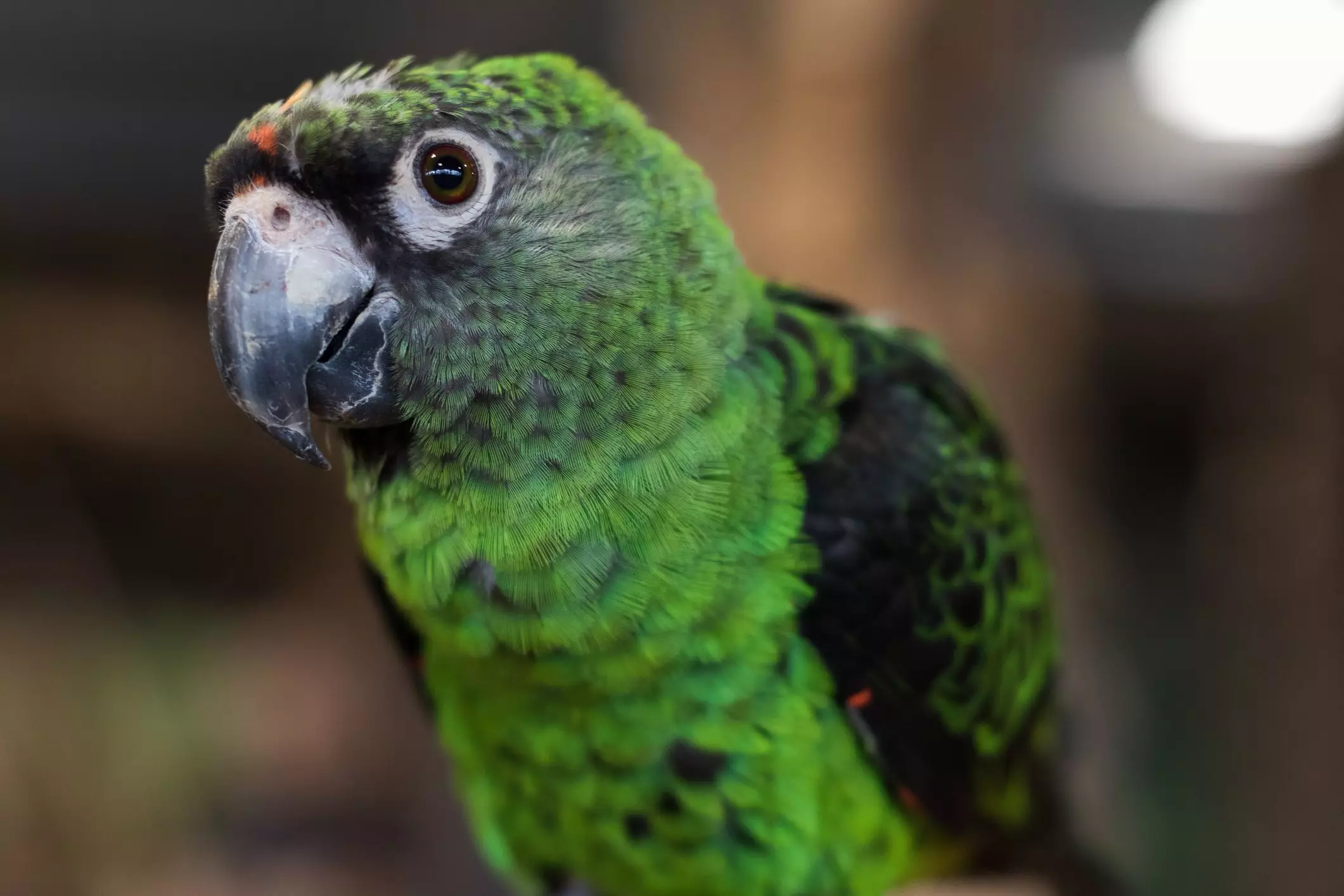Jardine parrots, scientifically known as *Poicephalus gulielmi*, hold a unique position in the avian world. While they bear some resemblance to their larger Amazon parrot cousins, their personalities present distinctive differences that make them intriguing companions. Understanding the traits and care needs of these diminutive, yet charismatic birds can enhance the experience of ownership. As pets, Jardine parrots are relatively rare compared to more common parrot species, yet their affectionate nature and playful demeanor make them beloved choices for bird enthusiasts.
Physical Characteristics and Lifespan
These parrots are relatively small, reaching an adult size of approximately 10 to 11 inches in length and weighing between 7 to 8 ounces. Despite their petite size, Jardine parrots are known for their longevity, often living up to 35 years when properly cared for. Their affectionate nature, coupled with a manageable size, makes them wonderful companions for individuals and families alike. The plumage of the Jardine parrot features a vibrant green body complemented by darker green wings and a striking reddish-orange crown. The visual appeal of these birds is fittingly accompanied by their playful antics and charming vocalizations.
Originating from the lowland forests and coffee plantations of Africa, Jardine parrots are native to regions including the Democratic Republic of Congo, Ghana, Liberia, and Cameroon. In their natural habitat, these birds typically fly in pairs or small flocks, establishing their homes in tree cavities for nesting. The name “Jardine” has historical roots, originated from the naturalist Sir William Jardine, who first documented this species back in 1849. The Latin term “gulielmi” reflects the legacy of the Jardine family, further enriching the parrot’s narrative.
One of the most endearing aspects of Jardine parrots is their personality. Unlike many of their Amazon cousins, Jardines are relatively placid and can be affectionate, often developing strong bonds with their human companions. Young Jardine parrots, however, may display nippy behavior as they explore their environment. This temporary phase typically eases as they mature. As intelligent birds, they excel at self-entertainment, particularly when provided with stimulating toys. Their vocal abilities are noteworthy; they can mimic various sounds and phrases with clarity, although they aren’t known for constant loud squawking.
Proper care for a Jardine parrot involves providing an engaging and safe environment. They thrive on interaction and mental stimulation, so it’s essential to offer a variety of toys and opportunities for playtime outside of their cage. While an aviary is an excellent choice for keeping a Jardine parrot, a spacious cage is also suitable, provided they have ample time to exercise. To maintain their beak health, incorporating afternoons with nuts, like almonds to crack and consume, can prove beneficial.
Maintaining a stable environment is crucial for a Jardine’s well-being. Extreme temperature fluctuations can be detrimental, leading to respiratory issues such as colds or even pneumonia. Therefore, their housing should be positioned away from drafts and temperature extremes. Regular veterinary checkups will aid in preventing health issues.
Nutritional Needs
A well-balanced diet is essential for any parrot, and Jardines are no exception. A high-quality pelleted diet constitutes the foundation of their nutrition, supplemented with an array of fresh fruits, vegetables, cooked legumes, and moderate quantities of seeds. While offering seeds and treats can be fun, overindulgence can lead to obesity and liver complications, so moderation is key.
Conservation and Responsible Ownership
The wild populations of Jardine parrots face significant threats, particularly due to habitat destruction and the illegal pet trade. Therefore, it’s important for potential bird owners to seek out captive-bred Jardine parrots rather than those captured from the wild. Thankfully, due to their regular breeding in captivity, finding a reputable breeder or adopting from a rescue is feasible. Support from avian veterinarians can also guide individuals towards ethical options.
Jardine parrots are delightful companions with their unique personalities and captivating appearances. Understanding their specific care requirements—from nutrition to housing—ensures that owners can provide the best environment for these charming birds. As long as responsible ownership is emphasized, Jardine parrots can thrive, adding life and joy to their human families for many years to come.

